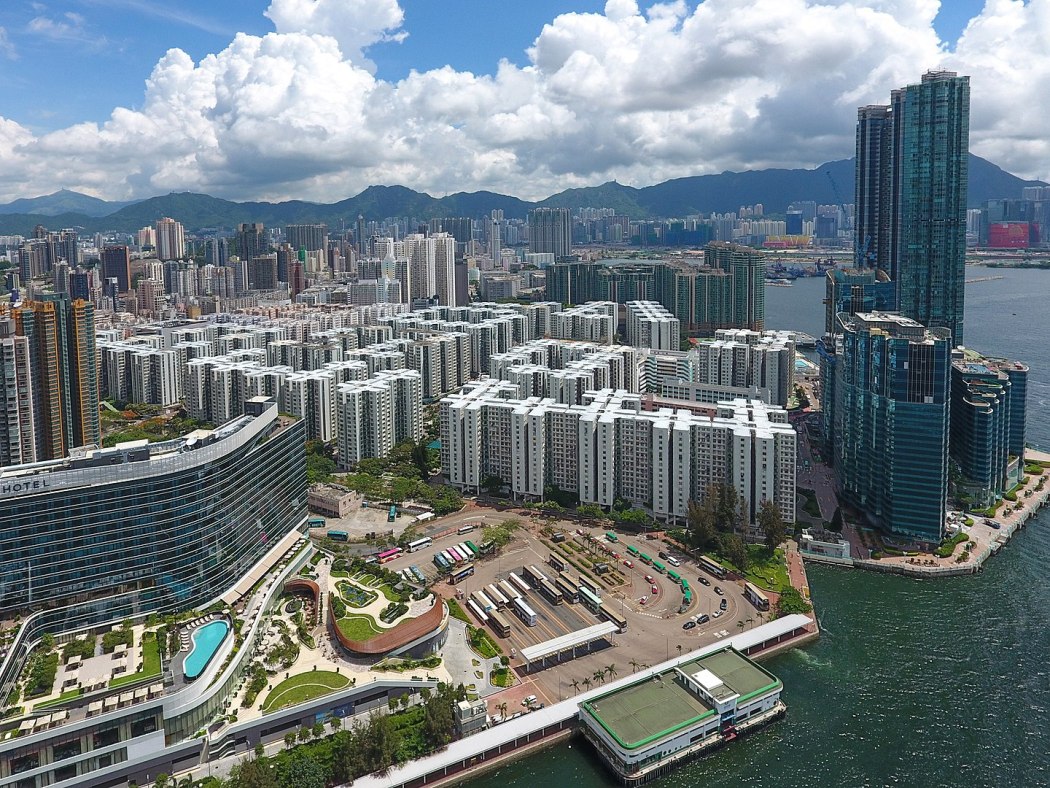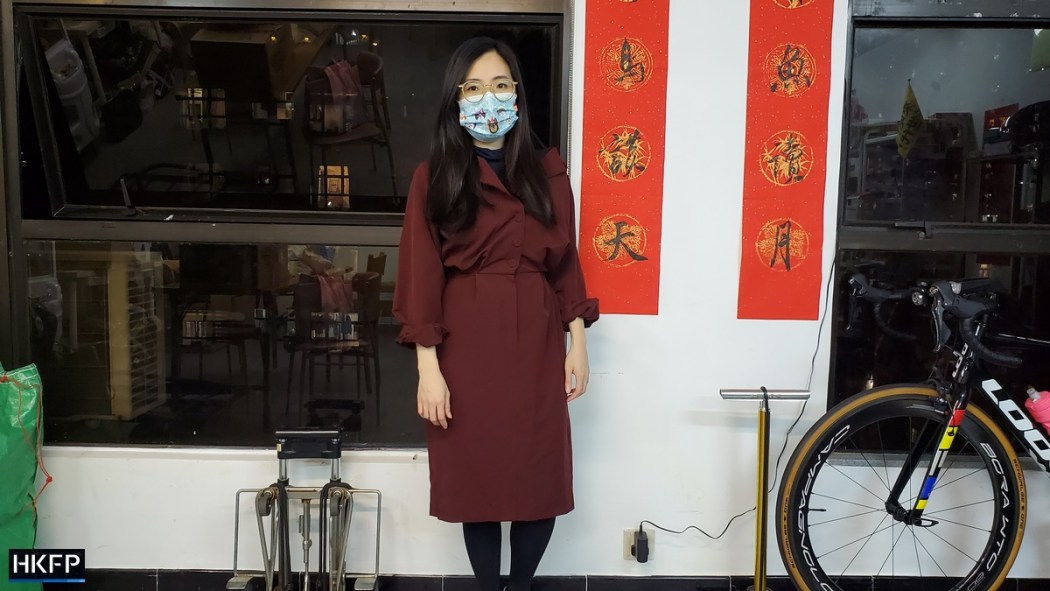Having twice been elected to Kowloon City District Council in the wake of mass pro-democracy protest movements, Kwong Po-yin remains committed to keep fighting for the movement despite all the setbacks of recent months.
Months after the failure of the 2014 Umbrella Movement calling for universal suffrage, Hongkongers experienced a similar frustration and sense of helplessness.

Kwong recalled that when she was first elected four years ago, her main goal – like other “Umbrella soldiers” – was to prove that the new faces were reliable and wanted to do a good job. “It used to be simple. Just give your best,” she said.
Last year, Kwong was re-elected and became vice-chair of the council in city-wide elections which saw the pro-democracy camp secure a majority in 17 out of 18 councils. But Kwong’s council was more evenly divided, with 10 pro-Beijing members and 15 pro-democracy members, and many tussles between the two camps.
Working for the council involves “making the greatest effort for the smallest change,” she said. Some politicians compare her to a “farmer” due to her habit of working earnestly at ground level – a role that often requires tedious work and constant bargaining with the bureaucracy.
“Making progress is difficult, especially when you attempt to collaborate with people who want to follow the old ways in dealing with community affairs.”

For many years, Kwong said, district council affairs were about fixing the problems of a street or two but little thought was given to an overview of urban planning.
The government and pro-Beijing politicians also give her the impression they want to erect hurdles for anything which democrats might take credit for.
Kwong said the confrontational atmosphere was not unexpected but it seemed like the government was waging “total war,” especially after the enactment of the national security law in June. “Maybe the government officials were made to take side and something had to be done to appease their seniors.”
As far as Kwong is concerned, she and her colleague only want to meet the needs of the neighbourhood. When residents whom they meet on a daily basis lost their jobs due to the Covid-19 pandemic, they suggested holding a recruitment fair in collaboration with the Labour Department – an idea not welcomed by the government.

The political turmoil which erupted last year, together with enactment of the national security law, prompted more emigration. Kwong felt it was difficult to discuss community-building with a government that appeared only to want its dissidents to leave for other countries and young talent to move to the Greater Bay Area.
Kwong recognises the importance of civil society. Achieving synergy between different organisations while making use of district councillors’ capacity can achieve more than a single councillor can do.
Engagement has nonetheless become difficult during the pandemic. A ban on group gatherings deters councillors from organising or promoting events weeks ahead.
Despite the hiccups, Kwong believes her efforts may motivate people around her to take a step further. “Synergy may not mean a group of people doing the same thing at the same time. It may mean that you are slowly investing a lot of time into working on one single thing.”

As 2020 draws to a close, the pro-democracy movement is at a low ebb. Many draw parallels with the post-2016 frustration, when youngsters became indifferent to politics after politicians they endorsed were barred from standing or ousted from the legislature.
At times protesters become doubtful as to what more can be done and if their actions are still meaningful in the face of an unprecedented clampdown. But Kwong says it’s not time to give up. “Surrender doesn’t make things easier. Seize what we have and give it all,” she reminds herself.
“‘Do what we can’ pretty much sums up our attitude. Rarely do we think about the next term or the next election. Will there even be a next election? I’m not sure. And we should also brace ourselves for the possibility of not being able to finish this term.”

Kwong just focuses on doing what she thinks is right.
“I don’t mean we should challenge all the bottom lines, each and every word of the law. The line is constantly drifting. Even if I do what I used to do, it may be problematic in the future. There is no way to avoid it.”
“You should know that it is okay to take a rest, be disappointed and heartbroken. But after the emotional rollercoaster we can always meet again on the same path.”
Support HKFP | Policies & Ethics | Error/typo? | Contact Us | Newsletter | Transparency & Annual Report | Apps
Help safeguard press freedom & keep HKFP free for all readers by supporting our team

LATEST FROM HKFP
HKFP has an impartial stance, transparent funding, and balanced coverage guided by an Ethics Code and Corrections Policy.
Support press freedom & help us surpass 1,000 monthly Patrons: 100% independent, governed by an ethics code & not-for-profit.










